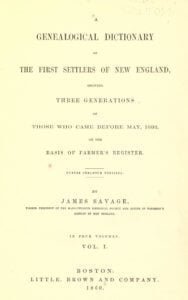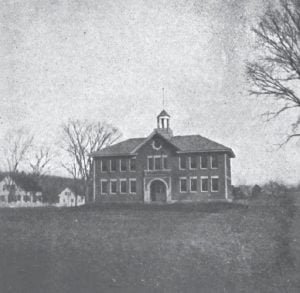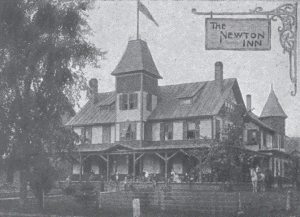Murdock Family of Norwich Vermont
Hon. Thomas Murdock removed to Norwich from Preston, Connecticut, as early as 1767 (in which year he was recorded a voter in town), and located on the farm a little north of Norwich Plain and subsequently occupied by Jared Goodell, George Blanchard, Harvey Knights, and now by Judd Leonard. He married Elizabeth Hatch (sister of John and Joseph Hatch, early settlers in Norwich), to whom were born: Asahel, Constant, Jasper, Thomas, Jr., Anna, who became the wife of Ebenezer Brown, Esq., the first lawyer to locate in Norwich, and Margaret, who married Elisha Partridge, November 14, 1765. Mr. Murdock was … Read more




